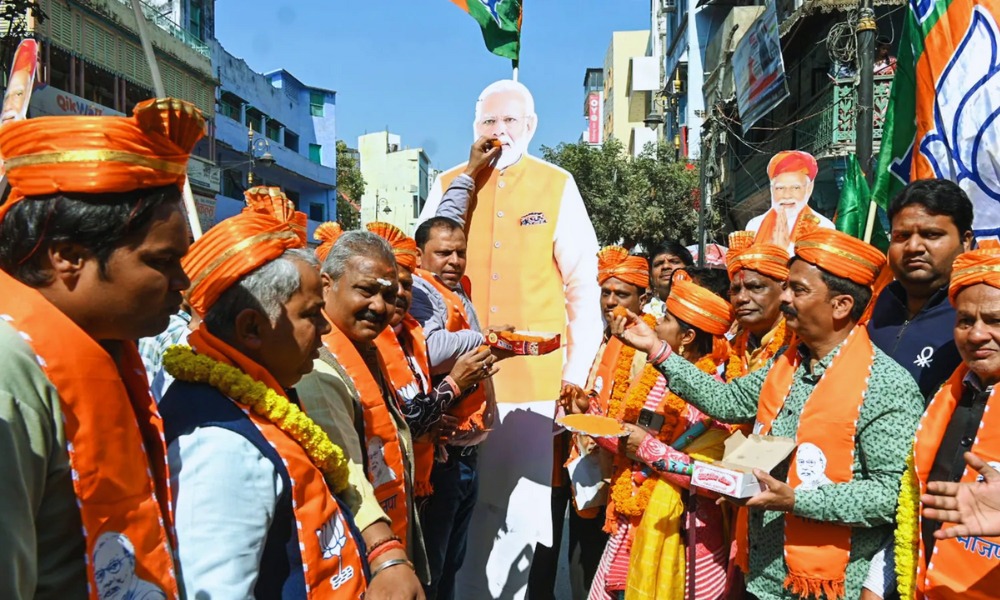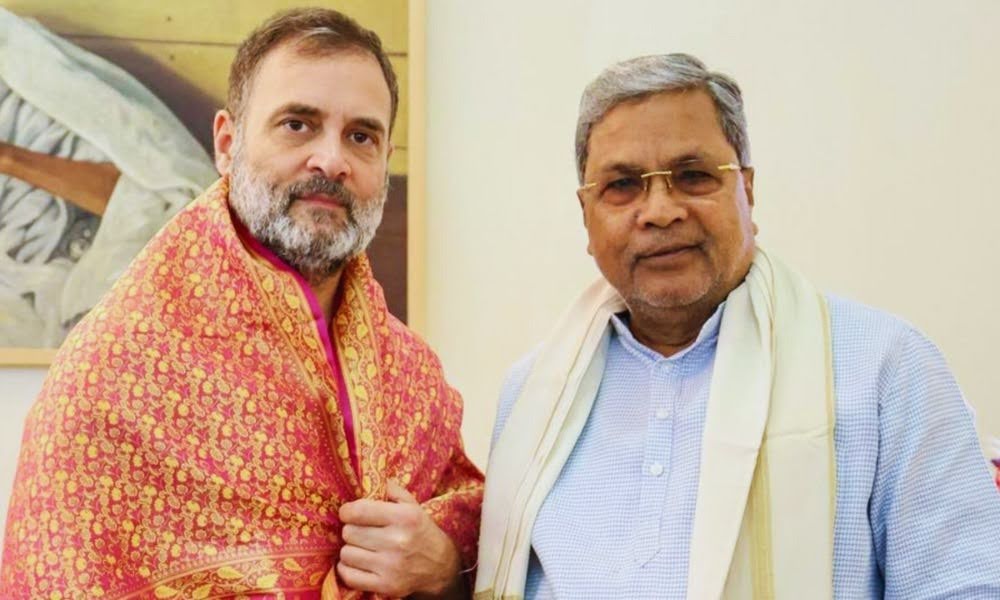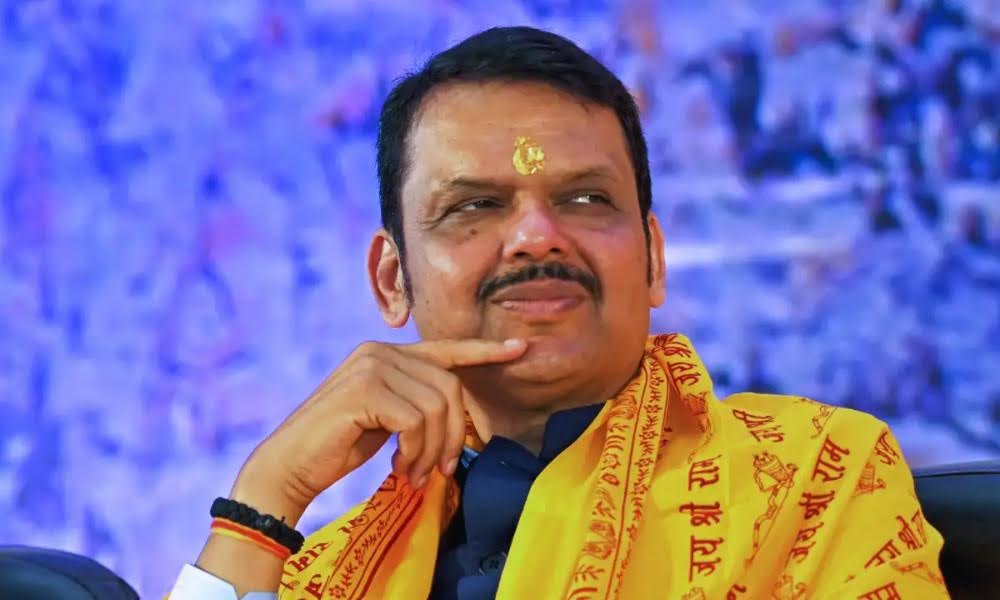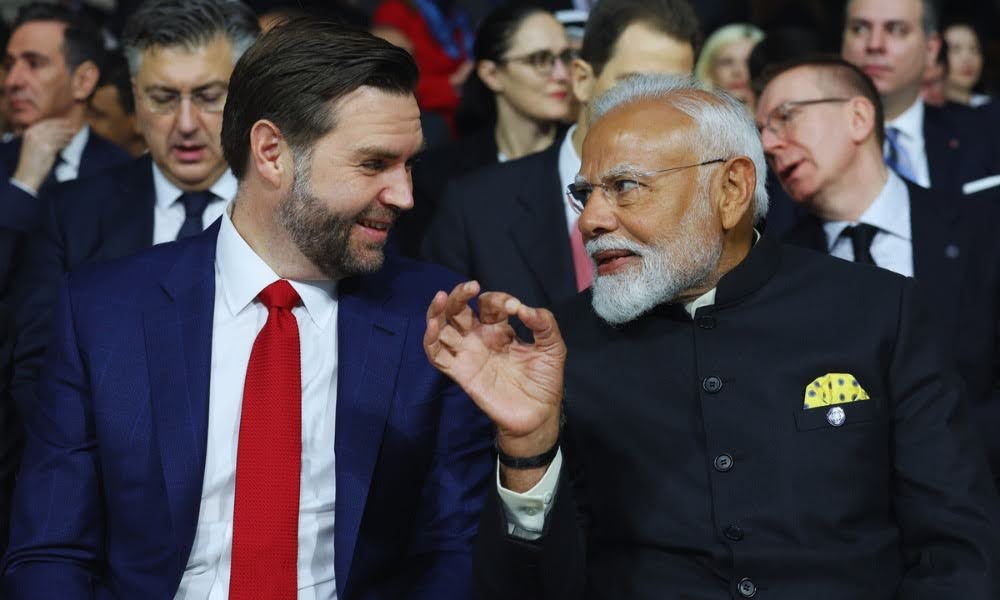BJP Secures Historic Win in Delhi After 27 Years, Defeating Key Modi Critic

After nearly three decades, Prime Minister Narendra Modi’s Bharatiya Janata Party (BJP) has secured a historic victory in the Delhi assembly elections, marking a major political shift in the national capital.
The BJP won 48 out of 70 seats, unseating Arvind Kejriwal’s Aam Aadmi Party (AAP), which secured only 22 seats.
Modi’s Reaction to the Victory
Prime Minister Narendra Modi took to X (formerly Twitter) to celebrate the win, stating:
“Development wins, good governance triumphs. I bow to my dear sisters and brothers of Delhi for this resounding and historic mandate.”
He assured Delhi’s residents that the BJP will leave no stone unturned in ensuring development and better governance in the capital.
AAP’s Defeat and Kejriwal’s Response
The AAP, which had governed Delhi since 2013, suffered a significant setback. Its leader, Arvind Kejriwal, acknowledged the verdict, saying:
“We accept the mandate of the people with great humility. I congratulate the BJP for this victory, and I hope they will fulfill all the promises for which people have voted them.”
Kejriwal, along with senior AAP leaders Manish Sisodia and Saurabh Bharadwaj, lost their respective constituencies, further compounding the party’s troubles.
Key Election Results
- BJP: 48 seats (secured a majority in the 70-member assembly)
- AAP: 22 seats (down from its landslide victories in 2015 and 2020)
- Congress: Failed to win a single seat for the third consecutive time
Significance of the BJP’s Victory
The BJP’s victory in Delhi is politically significant as it marks the first time since 1998 that the party has gained control of the capital’s legislative assembly.
The election was seen as a prestige battle, given Delhi’s symbolic status as India’s capital.
The party’s success is attributed to:
- Modi’s direct involvement in the campaign
- Strong electoral machinery
- Corruption allegations against AAP leaders
- A well-executed “Parivartan” (change) campaign
AAP’s Challenges and Setbacks
The AAP, once hailed for its focus on education and healthcare, has faced increasing challenges in recent years. The party’s appeal has declined, particularly among the middle class, which was once its core support base.
Several factors contributed to AAP’s downfall:
- Corruption allegations against Kejriwal and other leaders
- Kejriwal’s arrest before the general elections in a liquor policy scandal
- Loss of credibility among the urban electorate
- Failure to address key civic issues such as air pollution, water supply, and sanitation
Congress Continues Its Decline
The Congress party, which ruled Delhi from 1998 to 2013, failed to win a single seat for the third straight election.
The party had been on a downward trajectory since it lost power over corruption allegations in 2013, leading to the rise of AAP.
BJP’s Campaign Strategy
The BJP left no stone unturned in its bid to reclaim Delhi. The campaign saw massive participation from key leaders, including Prime Minister Narendra Modi and Home Minister Amit Shah.
Amit Shah took a direct jab at AAP, stating:
“The people of Delhi have proven that they cannot be misled by repeated false promises. The public has responded to the dirty Yamuna, broken roads, and liquor shops with their votes.”
The party’s “double-engine government” pitch—where both the central and state governments are ruled by the BJP—also played a significant role in attracting voters.
Voter Turnout and Key Issues
More than 60% of eligible voters participated in the elections. The BJP strategically focused on civic issues such as:
- Reducing pollution levels in Delhi
- Improving infrastructure
- Providing better governance
- Strengthening law and order
The BJP also capitalized on AAP’s weaknesses, particularly the liquor policy scandal, which had tainted Kejriwal’s administration.
Implications of the BJP’s Win
This victory in Delhi follows the BJP’s recent successes in Haryana and Maharashtra, further cementing its dominance in Indian politics.
The Delhi win is a huge morale boost for the party, especially after its reduced majority in the 2024 general elections.
Meanwhile, the opposition remains fragmented, with AAP struggling to recover from this loss and Congress continuing its electoral decline.
The BJP’s resounding victory in Delhi marks a turning point in the capital’s political landscape.
With AAP facing internal challenges and corruption allegations, the BJP now has a crucial foothold in Delhi after nearly three decades.
The party’s next challenge will be to deliver on its promises and maintain public trust as it governs India’s capital.








